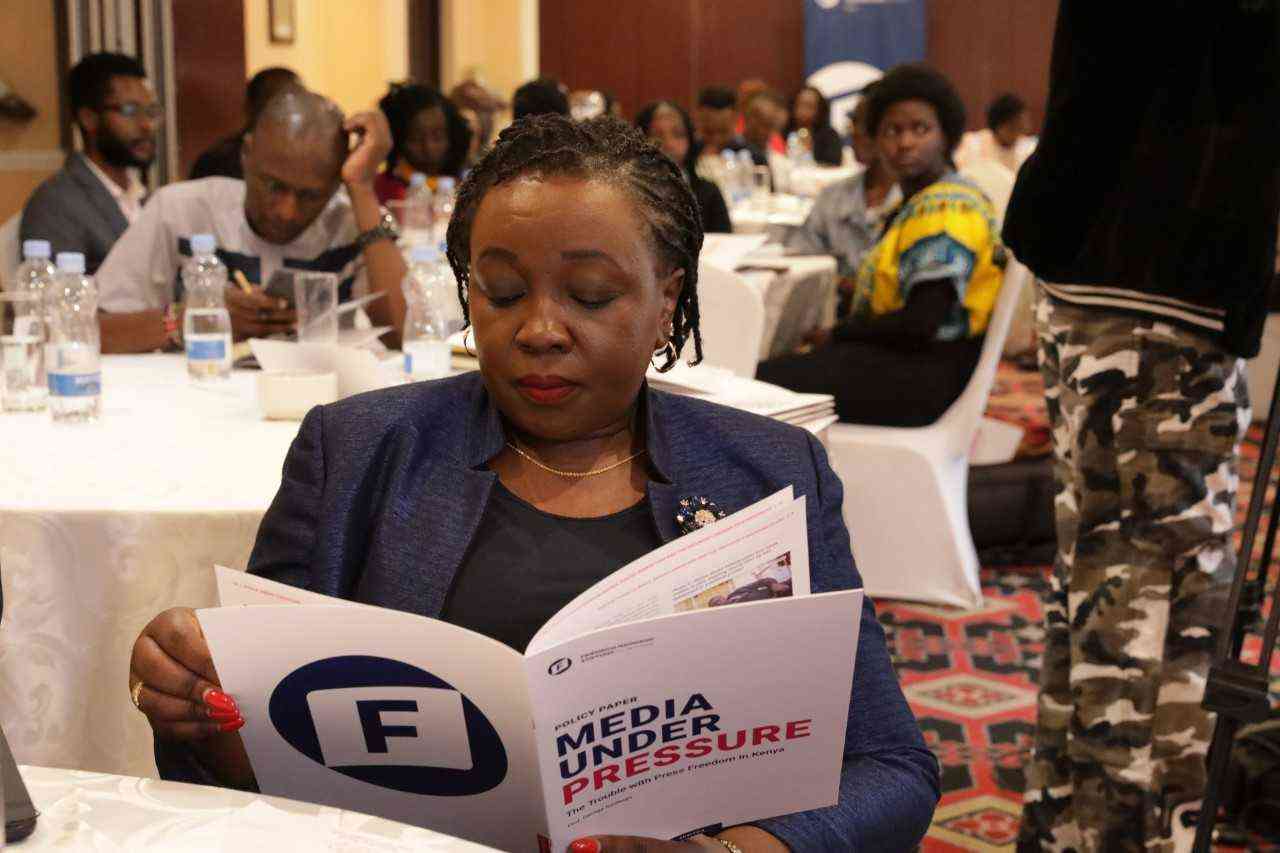×
The Standard e-Paper
Kenya’s Boldest Voice

Garry Wills, a political philosopher and journalist, said, "Accountability is the essence of democracy. If people do not know what their government is doing, they cannot be truly self-governing."